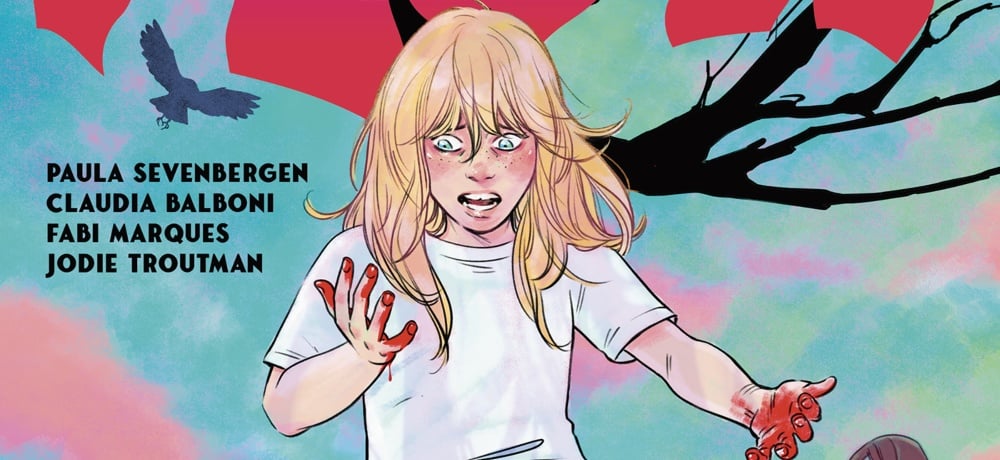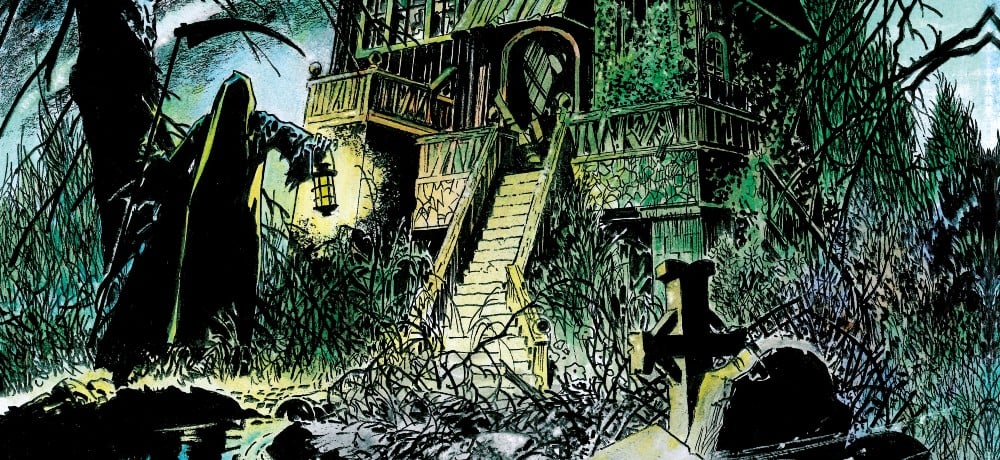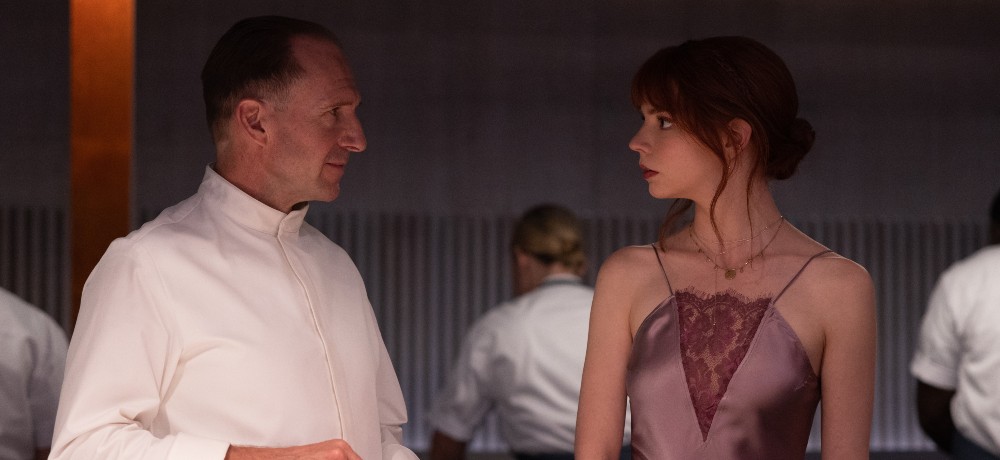






If I had a dollar for every time someone asked me, a full-time freelance critic and creator, if I have heard of the term “burnout,” then I’d have enough time and money to take The White Lotus-like vacation they assume will magically fix the financial stress and pressure that being a public-facing, underfunded, audience-serving worker endures. As someone who makes a living off evaluating art and examining its connections to its genre and societal implications, I’ve often thought it to be a strange and confusing calling for a career – certainly not a planned one! But I write what I write because deep down, despite all its challenges, I love a good story.
Maybe it’s because I started off my writing career in fiction, but in this “hot take” review age, I’m often disappointed to read fellow peers’ dissections of films that feel more akin to bad faith, standup comedy than texts full of curiosity, analysis, and an appreciation for what works on screen and the language to describe why something doesn’t. Or even the daringness to admit and accept when something isn’t made for you at all. If you’ve never created something, there’s a dissonance that emerges in critiques – a misunderstanding of how mistakes are essential to discuss to help someone’s craft improve because you want them to shine brighter.
Of course, the irony of critiquing The Menu isn’t lost on me. (There’s even a pretentious critic (portrayed by Janet McTeer) loudly voicing thoughts from the start.) At its heart, this is a film that asks why critics strip away artistry from art in their “takes.” What do we get from explaining or questioning the movie magic that could derail someone’s career? Further, why do audiences ingest media with an insatiable appetite for spectacle, one-on-one attention, and the impossible demand to find enjoyment in each and every second?
I won’t dare explain too much of the film’s premise as this is one to be savored with each title card-announced course. To do otherwise would deliberately take away from director Mark Mylod’s impeccable pacing. Here, the tension is so tight it makes a piano wire look as flimsy as a feather. All that the audience needs to know is that a group of wealthy individuals decide to visit an exclusive island where a world-renown chef, Julian Slowik (Ralph Fiennes), will make them the best meal of their entire life. His second-in-command, Elsa (Hong Chau), guides the group and the viewer into a mystery dinner setup that’s as biting as it is unnerving. Hands down, Chau has some of the most darkly comedic moments in the film that will make anyone who has created something for others – or worked in the service industry (especially kitchens) – do several spit-takes.
Fiennes’ deadpan line delivery is sensational, as his words come as quick and as sharp as the knives his character so discerningly wields. Of course, a deadpan character can’t work as well if there isn’t someone pushing them to break – and that honor goes to Ana Taylor Joy’s Margot. Unlike previous performances, Joy embraces sinister playfulness here – making it hard not to picture her character and Margot Robbie’s Grace Le Domas being badass besties. Watching the two verbally spar on screen is as enthralling as the horror comedy’s inevitable kill sequences. While the film might steer initially into bloodless class satire, by its end, it showcases a gorgeous final set piece that will reward the patient horror fan looking for something unique and poignantly disturbing.
For a majority of its runtime, the film hinges on how tightly writers Seth Reiss and Will Tracy craft tit-for-tat dialogue. Despite some moments that some might argue are a bit too on-the-nose, it’s nevertheless a story that dares to ask questions like: What can an artist do when they lose their connection to their work? Can an audience ever be pleased in a way that pleases the artist? Whose satisfaction truly matters more in art?
To its credit, I don’t think it gives us a solid answer, so much as it lets its characters choose – for once – how to arrange their works and fates in accordance with their artistic values. When Margot finds a way to possibly best Julian, I cried tears of joy. The Menu invites us not to mindlessly consume, but to savor all it has to offer.
Film Score: 4.5/5